Interview: Baltimore Club (w/ Scottie B, Shawn Ceasar)
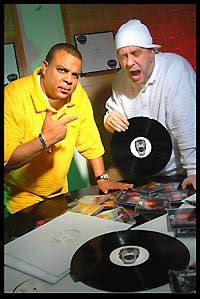 On March 9 Baltimore goes French with Justice at Sonar. But to make up for the slight Gallic lapse Baltimore club icon Scottie B will step up behind the decks after the Justice set to rep the home team. Aural States recently sat down to talk to Scottie B and Shawn Caesar, legendary DJs, owners of Unruly Records and pivotal figures in forming the genre known as Baltimore club.
On March 9 Baltimore goes French with Justice at Sonar. But to make up for the slight Gallic lapse Baltimore club icon Scottie B will step up behind the decks after the Justice set to rep the home team. Aural States recently sat down to talk to Scottie B and Shawn Caesar, legendary DJs, owners of Unruly Records and pivotal figures in forming the genre known as Baltimore club.
If you need a Baltimore club primer check out Andrew Devereaux’s essay “What Chew Know About Down the Hill?”: Baltimore Club Music, Subgenre Crossover, and the New Subculture Capital of Race and Space at the Journal of Popular Music Studies. I originally learned of the article through Al Shipley’s Government Names website.
Or you can opt for the less academic approach and listen to the Scottie B tracks after the jump.
Be on the lookout for the new Scottie B mix album From Bmore With Love soon.
Aural States- How long have you been DJing?
Scottie B- Since ‘81, in clubs since ‘87
AS- What was your first exposure to DJing, or DJ culture?
SB- It was Grand Master Flash’s Adventures on the Wheels of Steel. I didn’t know what he was doing…I just knew he was doing something with the record. As a little kid, there was this Russian kid that had turntables, and he told us “Dudes from New York have mixing contests.” We tried it, and it was a mess.
AS-What were your early days as a DJ like and how did you eventually get exposure?
SB- I used to throw rec center parties. I used to beg to do them, and I got them. I used to bring my father’s turntables, you know, whatever sound would come out of. I went to North Western. I wasn’t in the talent shows, but they would always have rap groups and DJ. The DJ was always terrible, so I would always get on at the audition. I used to DJ at the Rhythm Skate. North Western ran it…one of the teachers owned it.
AS-What was Rhythm Skate?
SB- It was a skating rink by Northern Parkway and Reisterstown Road. It’s been a church for many years now. A lot of NBA jackets exchanged hands in front of that place.
AS-How long have you two known each other?
SB- Since ’89, I think. You know how he saw me first? For the longest time I played in only black clubs, until recently. He walked in and was like “Who’s the white guy DJing?”
Shawn Caesar- I remember walking into Godfrey’s and not only looking at him as the only white dude in the club, but he was rocking it. I had never seen him or heard him. I was in my own little world.
SB- I was more into street stuff, I was already out of school. Shawn’s stuff was a little safer.
AS-How are things different now?
SC- The audience is different.
SB- Obviously I don’t have to bring the turntables anymore. If I’m playing somewhere I figure everyone knows who I am, in a humble kind of way. The audience is mostly white now.
SC- The music is more accepted by a broader audience than ever before
SB- It’s more of an event atmosphere, not like “This is Saturday night at this or that club.”
AS-How did Unruly come about?
SB- Me and him were already good friends. Our minds were already the same. His focus was a little to the side of mine, but basically the same.
SC- It really started with us trying to outsell each other. Both of us put out independent projects on our own. Scottie put out I Got the Rhythm, and I had put out Yo Yo Where the Hoes At? We both worked at record stores, so we took it upon ourselves to see who would sell more.
AS-What record store was this?
SC- I was at DJ Outlet in Oldtown Mall. Scottie was at Inner City downtown.
We were both doing it individually, but we were always in the same circle.
SB- There was inevitability to it all
SC- We combined and formed the Underground Track Team in the early ‘90s
AS- And Unruly just started out as a label?
SC- That’s all it was. Everything else grew out of the record company.
AS- How has the Baltimore club scene grown?
SC- The biggest thing I’ve seen is that it’s accepted. And once it became accepted you got other influences on the music, by people that ten years ago didn’t care about it.
SB- But some of them were too young. They weren’t DJs. But some of them were, and club is just hot now for them. That includes some people from Baltimore, but you know, it’s cool. We used to get ridiculed, but I don’t know if it was because it wasn’t what they were doing, or because they were hot and we were just hood, some ghetto shit.
AS-Who were “they”? DJs from other cities?
SB- No people from Baltimore too. I mean I don’t even really want get into it because they’re cool with us, you know what I mean…they’re real cool with us now. We always looked up to them anyway, but we just wanted to be successful doing our music. It isn’t any beef thing, nothing negative…it’s just they were doing what they wanted. They had their time, and we’re trying to have ours. I can tell you this, their time was a whole lot more lucrative than our time…there wasn’t no MP3. When house music was big, there was no other dance music, but house. That was it.
AS- Going forward where do you see club music in Baltimore?
SC- You know I think we’re past the point of it being a fad, but its still strong. I think the reason it’s still strong is the different influences…It’s different parts to the music now. I see it keep evolving. I see dance music, as a whole genre, becoming a much larger influence again, especially stateside.
SB- We started out as hip-hop and house DJs, so basically we’re going to always have that classic Baltimore sound. Anything these guys do now, and none of them are doing anything new…it’s all an offshoot of something that’s already been done, but we did it when it was real, original. Wherever they want to take it, we’re already there. Like those guys from overseas…that fidget house stuff, that Switch kind of stuff. Its house, house done in a real Baltimore sort of way. We’re real cool with them. Those guys respect us.
AS- What do you think of all the attention Baltimore Club has been getting?
SC- For me, I guess I was a little upset, a little bitter to a degree because we have worked for the past 15 years on this, you know what I mean. You do something for so long and it’s not happening…like Scottie said we were ridiculed for it, and laughed at, and tried to get it to New York. Then out of nowhere it’s just the coolest thing ever
SB- You know in a way though, it was parallel to so much other stuff that has hit. Baltimore was before UK rave stuff hit the states. Their influences were our influences. Our stuff sounded better than theirs really. Their stuff was real cookie cutter breaks.
SC- Even more so the Miami bass influence. That shit blew up, went away, you know what I mean. A lot of that Miami bass ended up being played in a Baltimore club set. It was so similar. So like I was saying, a little bitterness, but ultimately very happy that that shit finally got its recognition.
SB- You know of course we wanted it to hit Hot 97 before it hit these hipster scenes, but it didn’t. And now it is.
AS- How do you feel about spinning for the hipster crowd, like this past New Year’s Eve Taxlo party? Do you feel that it was outside of your audience profile?
SB- Well it was…But to Cullen’s credit, when Taxlo first started booking Baltimore club he was like “Why are you booking people that play club that ain’t even from Baltimore, or really not from that scene.” Cullen was really the one that started booking Rod Lee, Scottie B, Technics. It’s real funny, in a way, that the hipster scene in Baltimore ignores us more as we get more credit outside the city. It’s real weird.
SC- Baltimore club in Baltimore, they’re used to that. This is the only place in the country that has two Baltimore club crowds; one hipster crowd, and one young urban crowd. It might be like that in Philly too. But by us being here for so long, and being associated with the younger black crowd, then that other part, the hipster crowd, doesn’t even recognize it anymore.
SB- You know what the hipster crowd is 23, 25, they’re not exactly teens. When they were young they knew who Scottie B and Shawn Caesar were from playing that stuff, and I think they went away from it. Then they came back because a DJ they were familiar with was playing.
AS- What are some tracks you rely on in a mix to set the crowd off?
SB- Niggas Fightin’ is now 12 years old, but it’s gotten real big. Tear the Club Up, a classic. The Call Me Al record I did with King Tutt. He was named producer of the year by a local publication. I don’t want name it by name.
AS- I want to know, from people who were there from the beginning, how Baltimore club developed.
SB- Let’s see. Start with Shawn Caesar, Scottie B, Technics to a degree, Equalizer, DJ Precise, DJ Patrick…that’s it for the originals. Basically Baltimore’s hip-hop parties were house music parties, and some hip-hop. It went over to all house gradually. Hip house was real popular because it was the middle ground. The UK had its version of hip house. We all worked in the record store, so we heard it. What we liked, we made it popular. If we didn’t like it, it didn’t get popular. I don’t think we missed on a lot because Shawn always had an ear for stuff. Sometimes I was a little closed-eared, but he wasn’t.
SC- A lot of that came more-so from what made us work as a partnership. My crowd was different from his crowd. I was more of house and Baltimore club; he was more hip-hop and Baltimore club. So the shit I was listening for was different.
SB- Anyway the records from the UK were coming. They were hip house, and we were playing the instrumentals. Eventually we started making records just like the instrumentals. Those were the tablets for what we ended up doing. We mostly used different samples, but they used the Lynn Collins too. They relied on sampling notes from famous records, and we sampled words from hip-hop records. Instead of making the track a minute long and then crazy, which is what they started doing, we made the whole three or four minutes work for what we needed.
SC- It’s exactly the same way hip hop started, when you take into consideration we were playing the breaks of these imported records. It was only hot for about 20 seconds, but that drum pattern in that particular break is what started the whole thing. It was all about the drums. These UK records would start with drums, and that would be hot to us. Then is would get into the rave part, which was the shit that didn’t work for us. All those hoover sythns.
SB- In fact, we used to take Hoovers and Spray Cans and only play the drums in the beginning.
SC- House came out of Chicago, and hip house was right there. Tyree, Fast Eddie, Mike Dunn.
SB- Mike Dunn was hot.
SC- He was the fucking man. Damn.
SB- Mike Dunn was like the street hip house guy. He didn’t get the recognition that others got. I would have loved to see his records played in Chicago with Fast Eddie’s, but he stayed on his small labels. Mike Dunn was the shit.
AS- How has Baltimore club grown internationally?
SB- It is growing. It’s hitting certain places already, and certain places it’s bubbling, and in certain places it’s kind of their marquee sound, I mean because it’s getting pushed by certain people. Like in Scandinavia it’s big everywhere, Sweden, and Norway, and Finland. In those places Baltimore is big. They’ve got their own labels. When they make stuff you couldn’t tell that it’s not from Baltimore. I mean their stuff is really on point. They got their crowd, and they got their radio shows.
SC- It’s no different than where we were 15 years ago. It’s just happening now over there. You’ve got a DJ that introduces it, and everyone else wants to be down. It’s pretty much the same form as us, just happening 15 to 20 years later in a different part of the world.
SB- On some level there is almost a need for them to be down with it, because it is exposed. Some of their crowd is already built in, just because of the Internet and that type of thing. When they first play it, everyone in there is not blind to it now. I mean they kind of know about it.
AS- How have advances in production technology changed Baltimore club?
SB- Well it makes everyone able to do it.
SC- I think technology is helping broaden the appeal of it. But it hurts it in some ways. It waters it down, but the cream will still rise.
SB- The good stuff is still there, you know what I mean? Since it is still there, people have something to compare the water to. People just don’t accept everything. Everyone is doing it, but the crowd doesn’t accept everything.
AS- What were some shows, parties, or performances you have done that really stick out?
SC- Fabric.
SB- Or the first time that You Can Call Me Al got played. Diplo was in the room, Sinden was in the room.
SC- I’m going to take it back. I’m going to go with the Sound Factory, the House for All party. That was the first time when our records were played outside of Baltimore. We were in the Sound Factory in New York.
AS- What year would that have been?
SB- ‘92. How about the first time you made a song and you heard it from a car passing by? That type of shit will always stick with you.
SC- That’s major. I remember the first time hearing it on the radio. Frank Ski was playing my shit.
SB- I was with you. It was in your house remember?
SC- We were playing Tecmo Bowl. How fucking old is that? Was it Tecmo Bowl?
SB- Yea it was…I couldn’t play it.
SC- That’s how old that shit was. Fucking Tecmo Bowl.
SB- Somebody called in and said “Play Just Throw Them in the Hoe Tank,” remember?
SC- What about when, not just the first Fabric, but…
SB- How about the first time I played in New York, and I mean played it. Because everyone was into Baltimore after that, and into every song, even if they didn’t know them. I remember I called Shawn at like 4 or 5 in the morning saying “Yo, we’re there!”
SC- I can’t wait for the Chavy Boys of London stuff to come out. That’s what we’re in the middle of right now. That’s the side project of Scottie and me. We’re setting ourselves up to be able to go back 20 years.
SB- And have some fun. A lot of times when you’d see Masters at Work, they’d put out stuff as Swing Kids, Ball Fusion, or Soul Fusion…whatever. They had a hundred names. Why would they do that? I wanted to get to a point were I could use a different name every time for fun, and people would know that was our stuff anyway. I think we’ve finally got that now.
AS- What other names will you use?
SB- Chavy Boys of London.
AS- “Chavy” as in white trash?
SB- How the fuck do you know that?
SC- You’re the first person in Baltimore that knows what it means.
SB- At Fabric I was wearing a jacket and a hat, and Shawn was wearing whatever. But it was nonstop all night—“You got any pills, mate? You got any charlie, mate?” After closing, and everyone is just standing around talking, Sinden was there. Me and him are really tight, and start talking. This is guy comes in the room, I don’t even know how he got in there. He came up to me and was like “Yo Scottie B…You got any coke?” I said “Sinden, what is this shit? This is crazy.” He says “Well, you look chavy.” They said it was like the white-drug dealing-trashy kind of thing.
SC- We couldn’t figure it out all night, because the accent was so heavy. I could barely understand that those kids were asking me for drugs. So that became our joke, the Chavy Boys of London, because they said we dressed chavy. But we were just dressed normal.
SB- These guys took us to East London. At first I was looking at the buildings and I was like, some of these buildings are projects and some aren’t, but I can’t differentiate. I was told they did that on purpose. Then I saw a white guy that looked real chavey, and he was standing off to the side. Then there was a sketchy looking white kid next to a dope fiend. So I was like “Oh, he’s the boss, he’s the dumb flunky, and he’s the dope fiend.” So when I saw that, the whole chavy thing came together.
AS- That’s good for now. I look forward to hearing new tracks from you chavs.
SB- Hahahaha…yea.
–Bez
Related posts
- Interview / Audio: Height With Friends’ Baltimore Highlands Remix Album, an Aural States Exclusive Release (w/ Dan Keech)Download the entire album: MP3 or FLAC Stream and download...
- Tokyo Police Club @ the Talking HeadGreg’s take: I was happy that Myspace was granting us...
- Tokyo Police Club – Free is good…Tokyo Police Club, as you all well know, are playing...
- Preview: Marduk and Nachtmystium @ Sonar Club Stage (2009.11.23)[Audio clip: view full post to listen] MP3: Nachtmystium –...
- Tokyo Police Club – Myspace free show this SundayFinally, B-more getting some love from all over. First Spin...





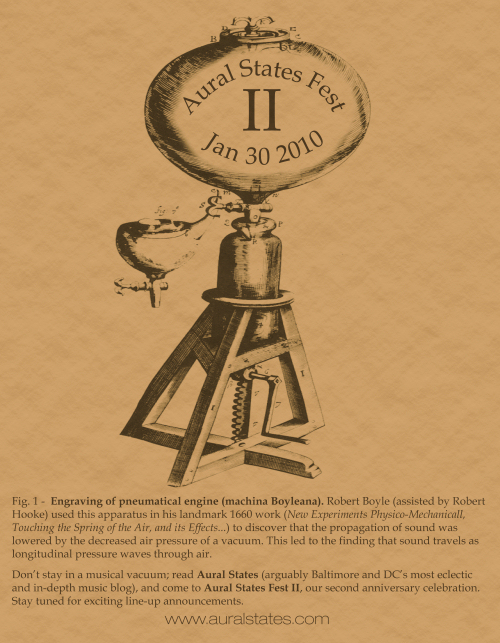
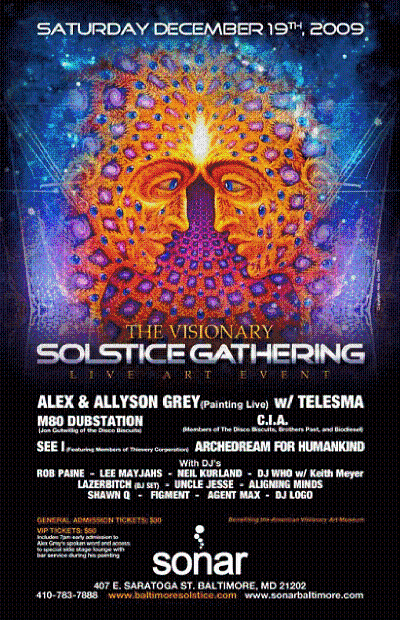









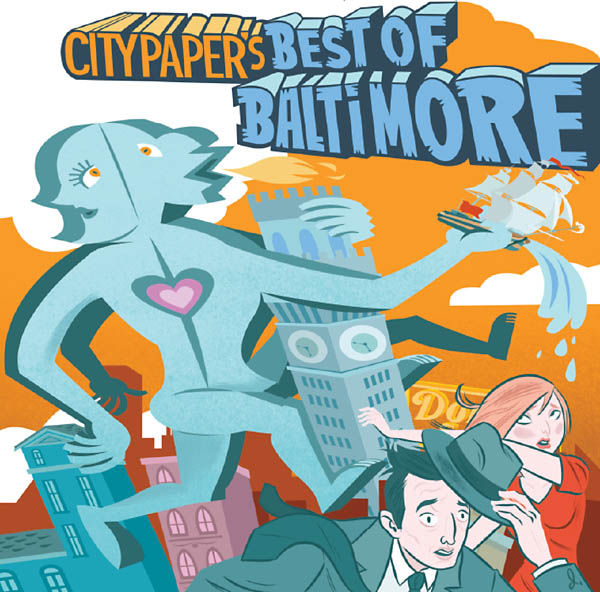
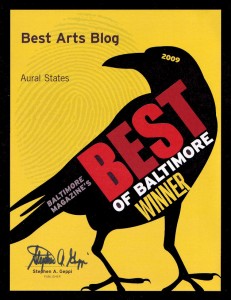


 Double Dagger: Masks EP
Double Dagger: Masks EP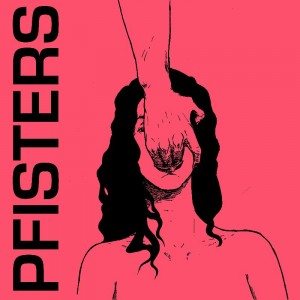 Pfisters: Narcicity
Pfisters: Narcicity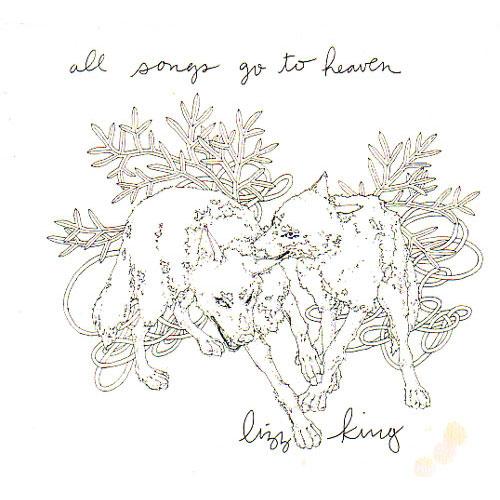 Lizz King: All Songs Go To Heaven
Lizz King: All Songs Go To Heaven Imperial China: Phosphenes
Imperial China: Phosphenes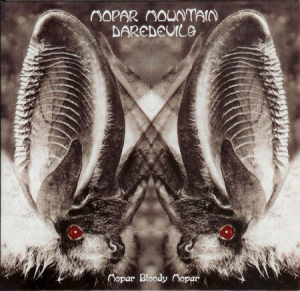 Mopar Mountain Daredevils: Mopar Bloody Mopar
Mopar Mountain Daredevils: Mopar Bloody Mopar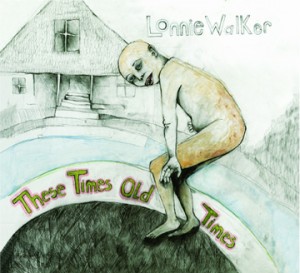 Lonnie Walker: These Times, Old Times
Lonnie Walker: These Times, Old Times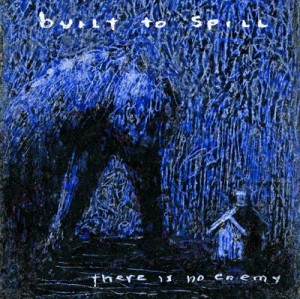 Built to Spill: There Is No Enemy
Built to Spill: There Is No Enemy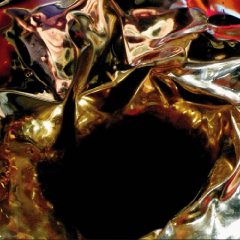 Hypnotic Brass Ensemble: Hypnotic Brass Ensemble
Hypnotic Brass Ensemble: Hypnotic Brass Ensemble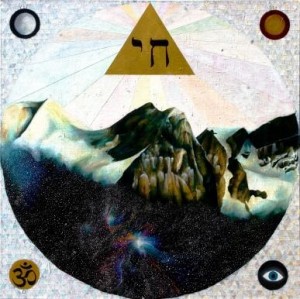 Secret Mountains: Kaddish EP
Secret Mountains: Kaddish EP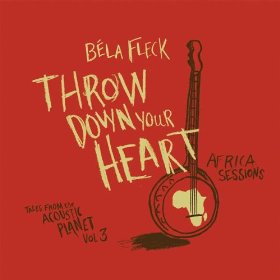 Bela Fleck: Throw Down Your Heart: Tales From the Acoustic Planet, Vol. 3 -Africa Sessions
Bela Fleck: Throw Down Your Heart: Tales From the Acoustic Planet, Vol. 3 -Africa Sessions Lands & Peoples: Lands & Peoples EP
Lands & Peoples: Lands & Peoples EP Caleb Stine: Eyes So Strong and Clean
Caleb Stine: Eyes So Strong and Clean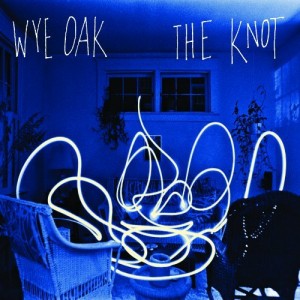 Wye Oak: The Knot
Wye Oak: The Knot Pontiak: Maker
Pontiak: Maker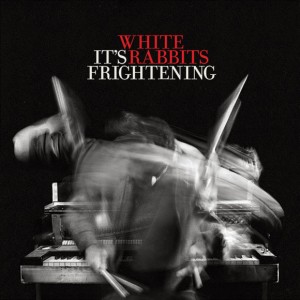 White Rabbits: It's Frightening
White Rabbits: It's Frightening Dirty Projectors: Bitte Orca
Dirty Projectors: Bitte Orca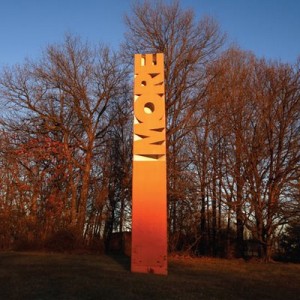 Double Dagger: More
Double Dagger: More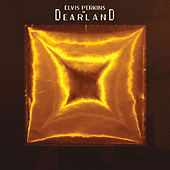 Elvis Perkins in Dearland: Elvis Perkins in Dearland
Elvis Perkins in Dearland: Elvis Perkins in Dearland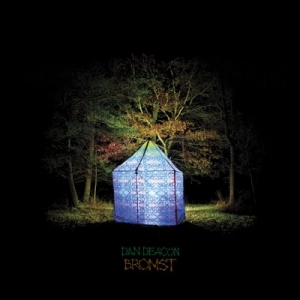 Dan Deacon: Bromst
Dan Deacon: Bromst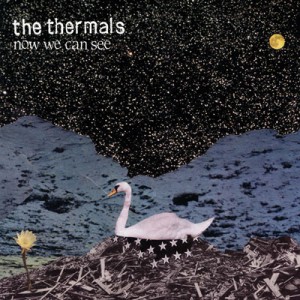 The Thermals: Now We Can See
The Thermals: Now We Can See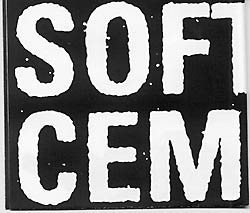 Soft Cement: Think About It EP
Soft Cement: Think About It EP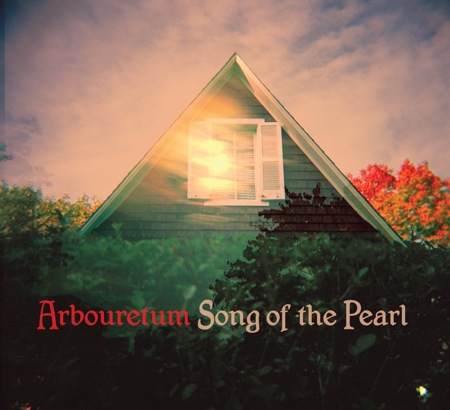 Arbouretum: Song of the Pearl
Arbouretum: Song of the Pearl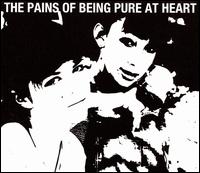 The Pains of Being Pure at Heart: The Pains of Being Pure at Heart
The Pains of Being Pure at Heart: The Pains of Being Pure at Heart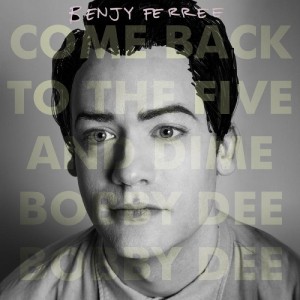 Benjy Ferree: Come Back to the Five and Dime, Bobby Dee Bobby Dee
Benjy Ferree: Come Back to the Five and Dime, Bobby Dee Bobby Dee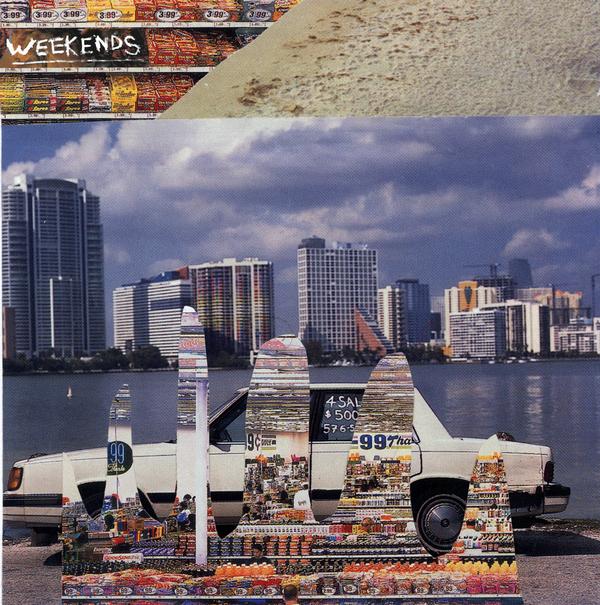 Weekends: Weekends
Weekends: Weekends Height With Friends: Baltimore Highlands 12" LP, Limited-Run Vinyl Only
Height With Friends: Baltimore Highlands 12" LP, Limited-Run Vinyl Only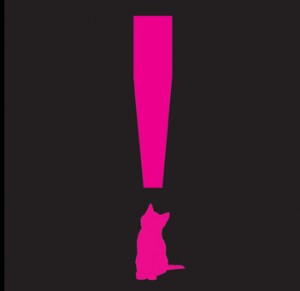 Caverns: Kittens! EP
Caverns: Kittens! EP Little Joy: Little Joy
Little Joy: Little Joy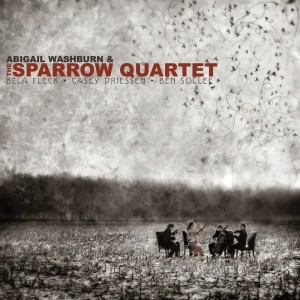 Abigail Washburn & the Sparrow Quartet:Abigail Washburn & the Sparrow Quartet
Abigail Washburn & the Sparrow Quartet:Abigail Washburn & the Sparrow Quartet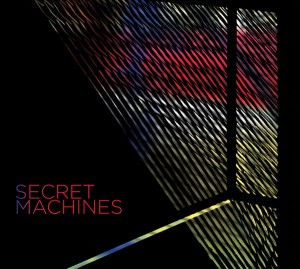 The Secret Machines: Secret Machines
The Secret Machines: Secret Machines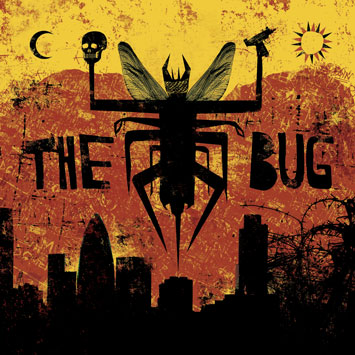 The Bug: LondonZoo
The Bug: LondonZoo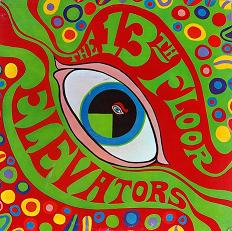 13th Floor Elevators: Psychedelic Sounds of the 13th Floor Elevators (Vinyl Mono LP only)
13th Floor Elevators: Psychedelic Sounds of the 13th Floor Elevators (Vinyl Mono LP only) Arbouretum/Pontiak: Kale (Vinyl LP only)
Arbouretum/Pontiak: Kale (Vinyl LP only) Small Sur: We Live in Houses Made of Wood
Small Sur: We Live in Houses Made of Wood AbeVigoda: Skeleton
AbeVigoda: Skeleton ImperialChina: Methods: EP
ImperialChina: Methods: EP
That was a fantastic interview! I learned a lot about a sound I was always aware of coming from bmore, but never knew how to get a hold of it.
Now with the internet it is within reach. I wish those guy’s all the success!
man unruly and scottie b never paid us nutthin for our records man check the history they stole from all us me BOO GRIF CLASS they never paid no royalties we still dont get shit from all threm downloads check the facts man scottie is a damn white devil yall following hitler into the fire somebody interview us a bout unruly man THEY WACK and aint BMORE.
2ndin both these dudes above…
great interview,
do more, get Booman/KW Griff/DJ Class/Dukeyman, talk to em all!
I’m just glad someone’s reppin’ Tecmo Bowl. Word!
They ain’t got a clue about Chavs
When was baltimore club music first out ?